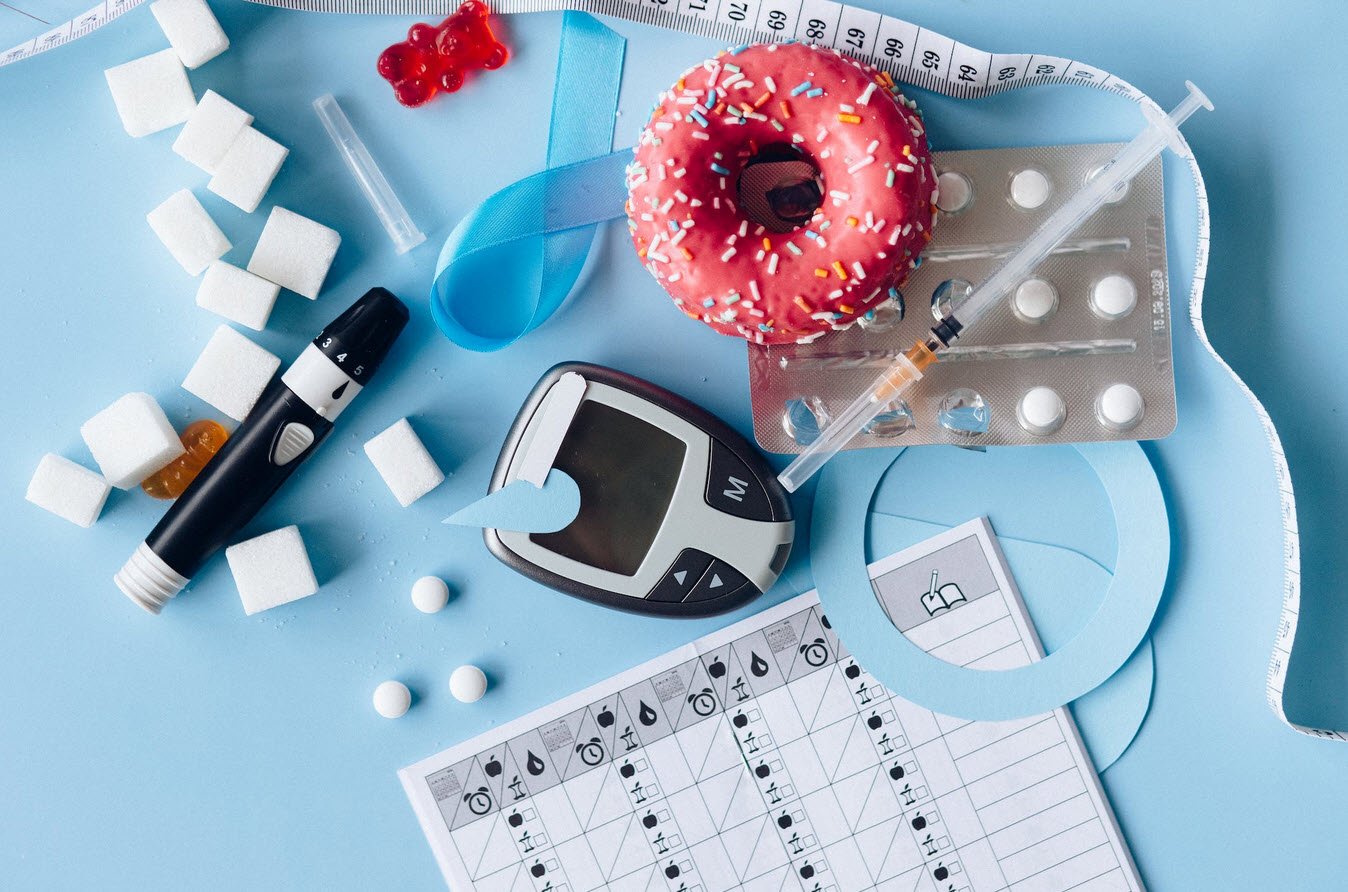
Gynecologic cancers encompass a range of conditions affecting the female reproductive system. While it may not be possible to prevent all types of gynecologic cancer, there are proactive measures you can take to minimize your risk and detect any potential issues at an early stage. Early detection is crucial for successful treatment outcomes.
In this article, we will discuss various strategies to help prevent gynecologic cancer and promote early detection.
1. Know Your Body:
Being aware of your body and understanding what is normal for you is essential. If you experience any abnormal vaginal bleeding, persistent discomfort, or other unusual symptoms related to the reproductive system for two weeks or more, it is important to consult with a doctor promptly. Regular self-examinations and staying vigilant about any changes can aid in the early detection of gynecologic cancer.
2. Embrace a Healthy Lifestyle:
Adopting a healthy lifestyle can significantly contribute to reducing the risk of gynecologic cancer. Make nutritious food choices by incorporating a diet rich in fruits, vegetables, whole grains, and lean proteins. Regular physical exercise not only helps maintain a healthy weight but also supports overall well-being.
Avoiding tobacco and limiting alcohol consumption are also key factors in reducing the risk of gynecologic cancers. Furthermore, practicing safe sex, including the use of barrier methods and regular screening for sexually transmitted infections, is crucial.
3. Understand Your Family Health History:
Familiarize yourself with your family’s health history, especially when it comes to gynecologic cancers. Certain genetic factors can increase your susceptibility to developing these conditions. Sharing this information with your doctor enables them to assess your individual risk and recommend appropriate screening measures or preventive strategies.
4. Consider the HPV Vaccine:
Human papillomavirus (HPV) is a common virus that can lead to cervical, vaginal, and vulvar cancers. Vaccination against high-risk strains of HPV is highly effective in preventing these cancers. The HPV vaccine is typically recommended for preteens aged 11 to 12, but it can be administered as early as age 9 and until age 26.
Depending on the age of initiation, the vaccine is given in a series of two or three shots. Starting the vaccine series before age 15 requires two doses administered 6-12 months apart, while those aged 15 to 26 receive three doses (0, 1-2, and 6 months).
5. Regular Pap Tests:
Pap tests, also known as Pap smears, are vital for the early detection and prevention of cervical cancer. This screening test identifies precancerous changes in the cervix that can be treated before they progress into cancer.
By undergoing regular Pap tests, women can significantly reduce their risk of developing cervical cancer and increase the chances of successful treatment if abnormalities are detected. Remember, Pap tests specifically screen for cervical cancer and do not detect other gynecologic cancers.
6. HPV Testing:
Your doctor may recommend an HPV test in addition to or in place of a Pap test, depending on your age and risk factors. HPV testing checks for the presence of high-risk HPV strains that can lead to cervical cancer. It can be performed in conjunction with a Pap test or using the same sample. HPV testing is typically recommended for women aged 30 and older.
Conclusion
While complete prevention of gynecologic cancer may not be possible, you can take proactive steps to reduce your risk and detect any potential issues early. By being attentive to your body, maintaining a healthy lifestyle, understanding your family health history, receiving the HPV vaccine, and undergoing regular screening tests like Pap tests and HPV testing when recommended, you empower yourself with knowledge
and the ability to catch gynecologic cancers at their most treatable stages. Consult with your healthcare provider to develop a personalized prevention and early detection plan tailored to your specific needs. Remember, your proactive efforts can make a significant difference in protecting your reproductive health.
You may also like:- 51 Ways to Reduce Allergies – A Comprehensive Guide
- Six Different Types of Anxiety Disorders You Need To Know
- Cataracts vs. Glaucoma – Unraveling the Differences in Two Common Eye Conditions
- Asthma – A Chronic Inflammatory Disorder
- Diabetes – Types, Causes, and Symptoms
- Exploring the Spectrum of Diseases – A Comprehensive Overview of Different Classes
- What is Oppositional Defiant Disorder (ODD)?
- Black Pox – Unraveling the History and Horror of Smallpox
- Top 6 Symptoms of Autism Spectrum Disorder (ASD)
- Understanding the Risk Factors for Obstructive Sleep Apnea (OSA)








